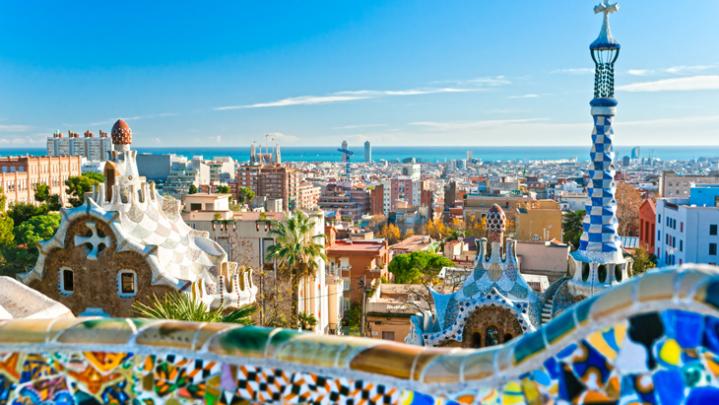Spain has announced that it would allow foreign tourists and restart top league football in the following weeks, hastening Europe’s exit from strict virus lockdown, as South America was labelled “a new epicentre” by the World Health Organization.
In Europe, which has now registered more than two million infections, the figures were stabilising in many countries, prompting governments to move away from economically ruinous lockdowns towards lighter social distancing measures.
Spain has enforced one of the world’s strictest lockdowns since mid-March, Prime Minister Pedro Sanchez just announced the resumption of tourism and football.
“From the month of July, entry for foreign tourists into Spain will resume in secure conditions,” he said, adding that La Liga football could return on June 8.
Brighter outlook for tourists
“In a sense, South America has become a new epicentre for the disease,” WHO emergencies director Mike Ryan said on Friday, singling out Brazil.
Unlike in Europe and the US, where the elderly were hardest-hit, a significant number of deaths in Brazil have been among younger people, who are often driven by poverty to work despite the threat of infection.
Neighbouring Peru was also struggling with an outbreak — the country of 32 million registering more than 110,000 cases and 3,100 deaths.
The figures from South America, though disastrous, are dwarfed by the 96,000 deaths suffered so far in the United States, which has registered 1.6 million infections.
By contrast, China, where the virus was first identified late last year, passed a milestone on Saturday when it was able to report no new infections for the first time since it began publishing daily data in January.
The outlook was also brightening elsewhere in Europe, particularly in the tourist hubs that have been hit hard by travel bans and lockdowns.
Italy is due to reopen its borders to foreign tourists from June 3 and this week began to welcome visitors to archaeological sites.
A temple complex near the city of Naples, known as Paestum, reopened earlier this week but now allows fewer visitors and supplies them with an app that alerts them if too many people are gathered in one spot.
“We must focus on another type of tourism, another relationship with visitors, more intense, more ‘one to one’,” said site director Gabriel Zuchtriegel, adding that it could become a model for post-lockdown travel.
While beaches also reopened in Cyprus, the faithful in France were once again able to attend masses as churches opened their doors once again.
(AFP)













